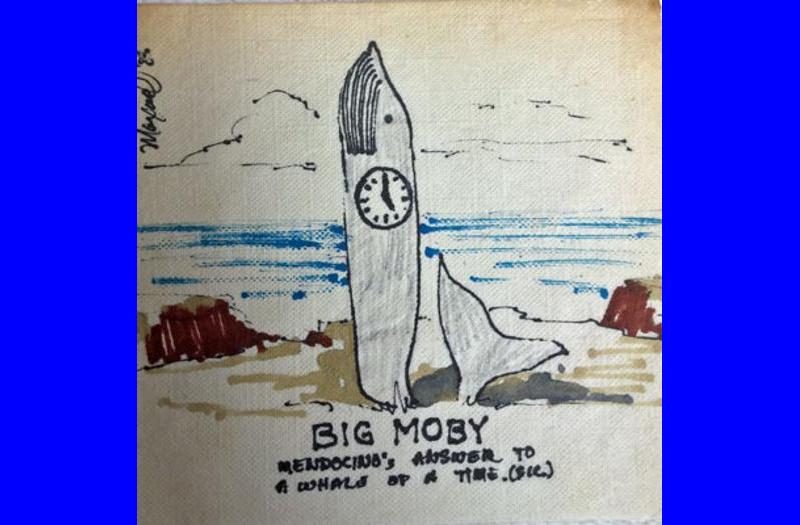Shortly after recording Dock of the Bay, Otis Redding died in a plane crash on December 10, 1967. The song became the first posthumous number one record in chart history.
Redding didn’t have the chance to experience the long, lazy nostalgia of old age, but the nostalgia he did experience, beauty in the face of loneliness, the consolation of memory, and the peace derived from just wasting time is something he enshrined in his song forever.
We could all benefit from wasting a little time. Wasting time is not wasted time. It is the time we allow ourselves to disconnect from the hyper-busy, digitally saturated, attention-fragmented and velocity-driven world we live in today.
All of humanity’s problems stem from man’s inability to sit quietly in a room alone. Blaise Pascal
Life moves faster than reflection. Slowness, once associated with contemplation, is now misread as laziness. Ironically, we are more connected than ever yet feel isolated. I can’t help but think of Mr. Humphries “I’m free!” when asked “Mr. Humphries, are you free?” on that silly British sitcom Are You Being Served of a generation ago. Mr. Humphries was always on the ready, free to serve a customer but never free in the sense of having time to himself.
TMI (too much information) speaks for itself. We have so much information today that we are forced to speak in acronyms. IDK (I don’t know) why acronyms are preferred. Is it the limits on the number of characters in a tweet or to keep up with the times? Is it laziness (too many key taps) or simply that the accelerated pace of modern life forces us to do more in less space and time? Our brains, evolutionarily wired for scarcity, now drown in abundance. So, we shrink everything into acronyms to save time and space.
Busyness is a badge of honor. Rest for rest’s sake feels guilty so we repackage leisure as “recharging” for more work. Algorithms track our every move: “every breath you take, every move you make, I’ll be watching.” We even use apps for meditation. We live in a world that prioritizes speed over stillness, visibility over depth, reaction over reflection and quantity over quality.
For most of human history, life was anchored in slowness, and reflection was built into the rhythms of daily existence. We don’t need to romanticize the “idiocy of rural life” as Marx called it to recognize that the pace of modern life has begun to outstrip our capacity for reflection.
If today’s next big thing, artificial intelligence, is to serve us humans rather than the machines that embody it, we must learn how to construct it and control it so that it does so. That requires occasionally “sittin’ on the dock of the bay, wastin’ time” Otis Redding style.
It’s a deliberate, even rebellious act today to pause, unplug, and reflect. Even as an old man in retirement I struggle with it, so I can understand how much harder it is for my children and grandchildren, but it’s the only thing I know that might save us.


Striving and strife have the same root. Pick peace, and shift your weight to the other foot.
Here here….David.